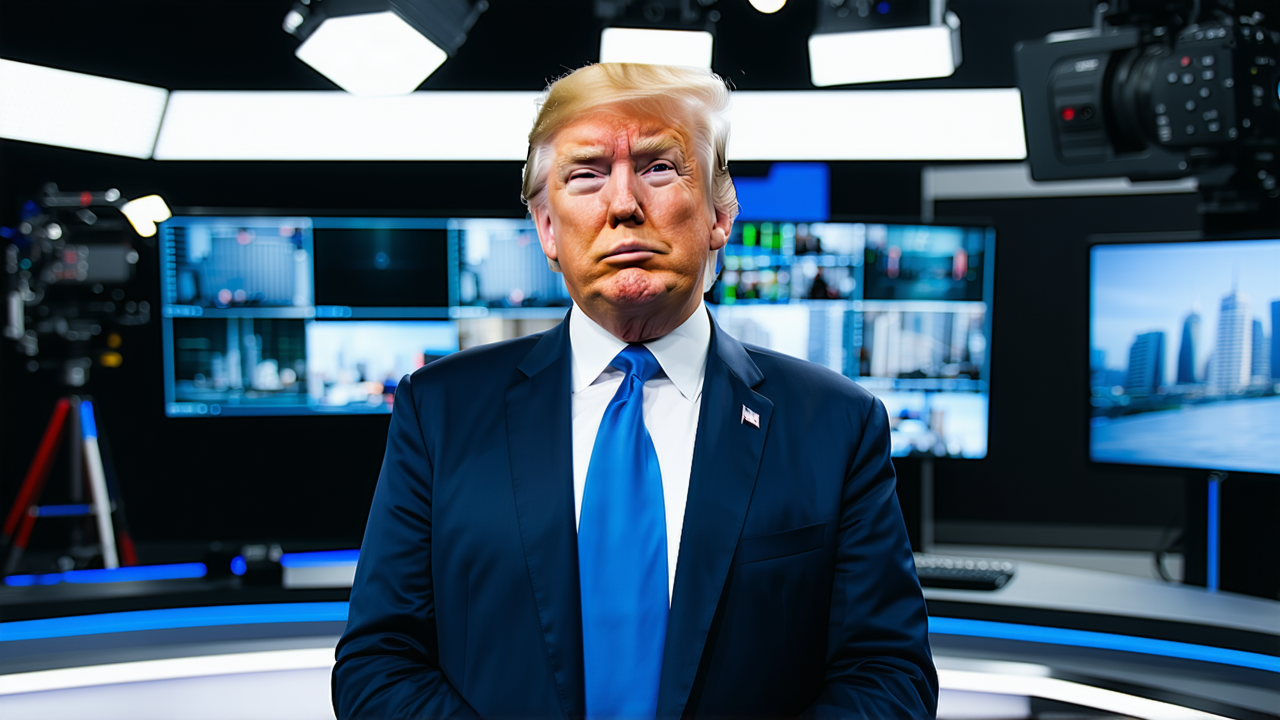Winston Peters Announces Major Changes to Foreign Buyers Ban This Year, Denies NZ First is 'Softening' Stance
Winston Peters Announces Major Changes to Foreign Buyers Ban This Year, Denies NZ First is 'Softening' Stance
New Zealand First leader Winston Peters has confirmed that changes to the foreign buyers ban will be announced this year, though he has denied that his party is 'softening' its position on the policy. The announcement comes amid ongoing discussions within the coalition government about how to balance foreign investment with the need to protect the domestic housing market.
In an exclusive interview with the nz Herald, Peters said that the party is currently consulting on potential adjustments to the policy, which was introduced in 2018 under a Labour-NZ First coalition. The current ban prevents non-residents and non-citizens from purchasing existing residential properties, classifying housing as “sensitive” under the Overseas Investment Act.
Peters emphasized that any changes would have to be discussed with coalition partners before being finalized. He also reiterated that the policy should ensure that foreign investors make a “significant investment” in the New Zealand economy before being allowed to purchase property.
Prime Minister Christopher Luxon has previously acknowledged that the government is considering revisions to the ban, though no formal proposal has yet been made to Associate Finance Minister David Seymour, who oversees the Overseas Investment Act. However, Seymour has been known to be critical of the current ban, suggesting that it may not be the most effective approach to managing foreign investment.
Peters also addressed speculation about the potential of allowing foreigners to purchase homes valued at $2 million. He firmly rejected the idea, saying that such a threshold would not reflect the level of investment that New Zealand expects from foreign buyers. He noted that the previous National Party proposal to impose a 15% tax on overseas buyers of properties over $2 million had been criticized for being too low and was not included in the final coalition agreement.
Instead, Peters said that any foreign investors who are willing to make substantial investments through programs like the Active Investor Plus Visa—which now requires a minimum investment of $5 million—should be allowed to purchase homes, but not necessarily at the $2 million level. He stressed that any policy changes would be based on “our conditions” and would align with the standards of “smart economies.”
Former Prime Minister John Key has also commented on the issue, suggesting that the foreign buyer ban might be deterring high-net-worth foreign investors from investing in New Zealand. He argued that wealthy individuals, such as billionaires, are more likely to invest in high-value properties in desirable locations rather than in more modest homes.
As the government continues to explore ways to attract foreign investment while protecting the domestic housing market, Peters' confirmation that changes will be announced this year has sparked renewed interest in how the policy will evolve. The coming months are likely to see significant developments in this area, with potential impacts on both the real estate sector and New Zealand’s broader economic strategy.
